Heritage

62 products
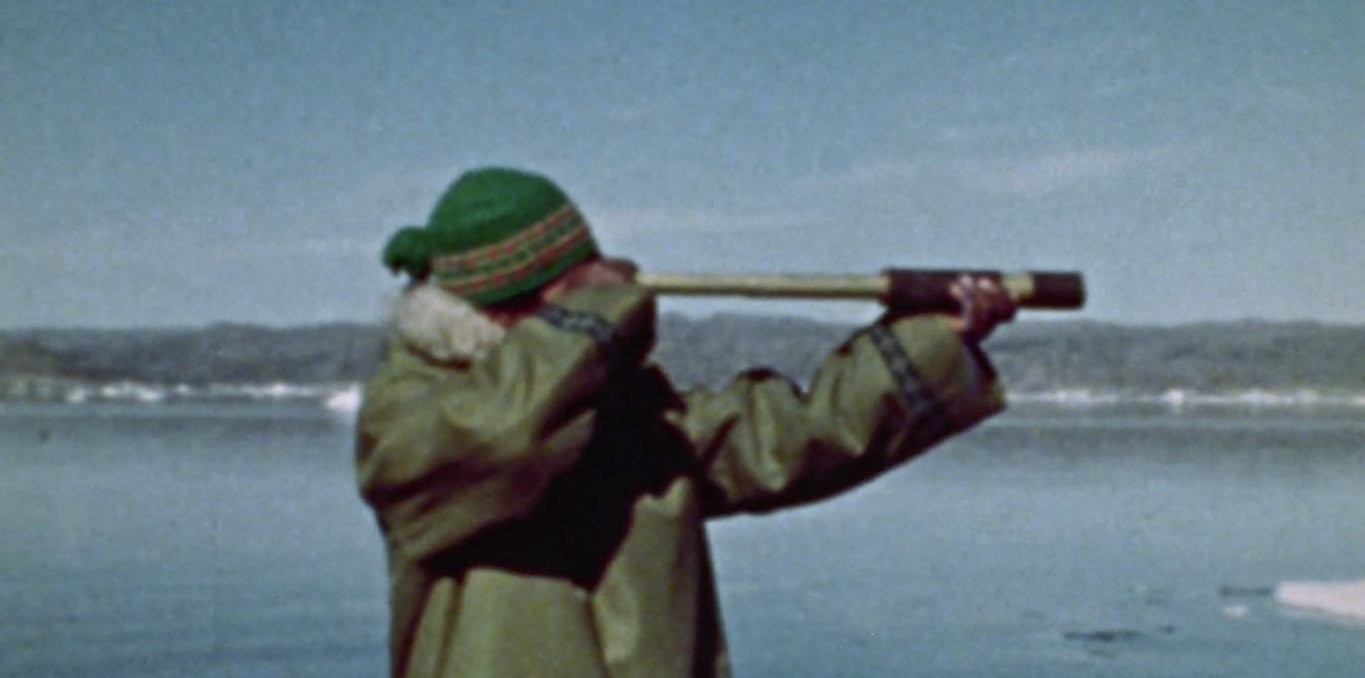
Natsik Hunting
Duration: 16 minutes
Subscription access
25-year-old Mosha Michael made an assured directorial debut with this seven-minute short, a spare, narration-free depiction of an Inuit seal hunt. After participating in a Super 8 workshop in Frobisher Bay in 1974, Michael shot and edited the film himself. His voice can be heard on the lively, guitar-accompanied soundtrack. Released in 1975, _Natsik Hunting_ is believed to be Canada’s first Inu...
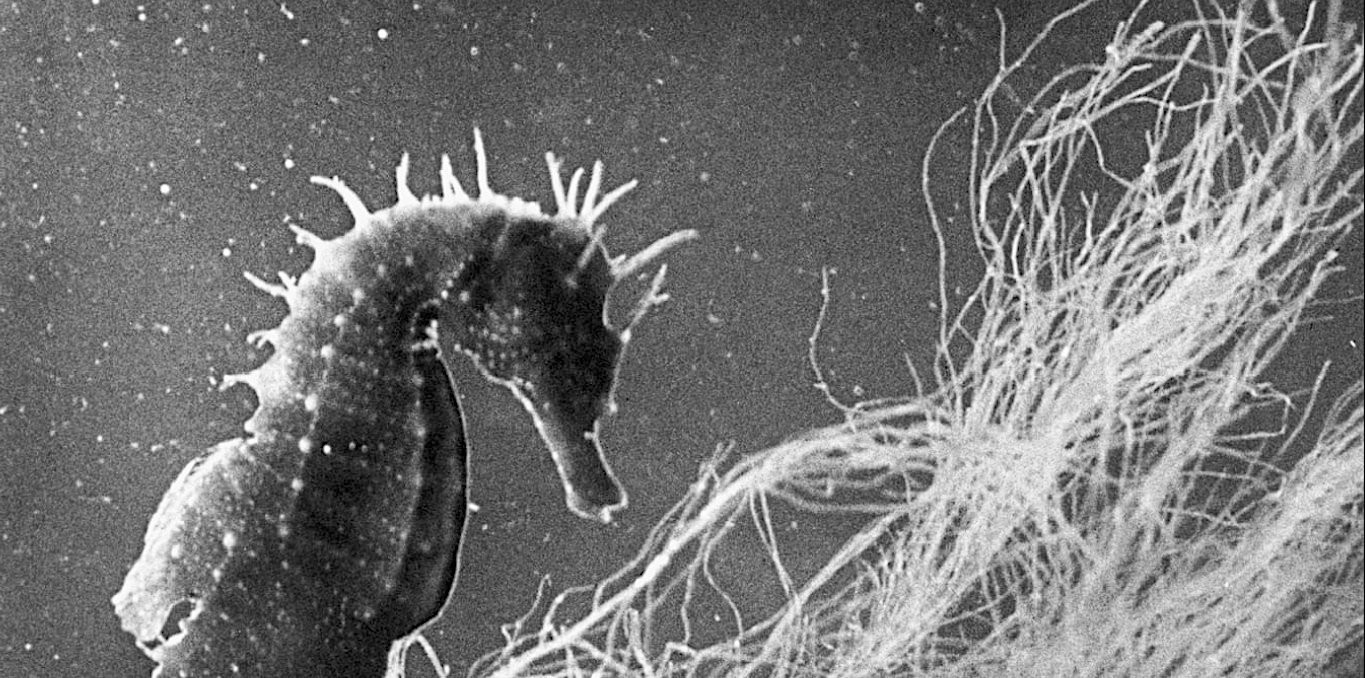
The Sea Horse
Subscription access
The seahorse is the only fish that moves vertically. It is also one of the few animals in which the male nourishes the eggs deposited by the female in his brood pouch and actually gives birth to the young. To film at the bottom of the Garonne estuary, the first mobile underwater camera was improvised. This film, accompanied by music from Darius Milhaud, shows with precision and humor the life o...

The Love Life of an Octopus
Subscription access
The fluid grace of an eight-armed embrace, the velvety gaze of an inscrutable eye… Painlevé creates a fascinating portrait of the octopus, a mysterious underwater creature, set to a soundtrack composed by Pierre Henry, one of the pioneers of electroacoustic music.
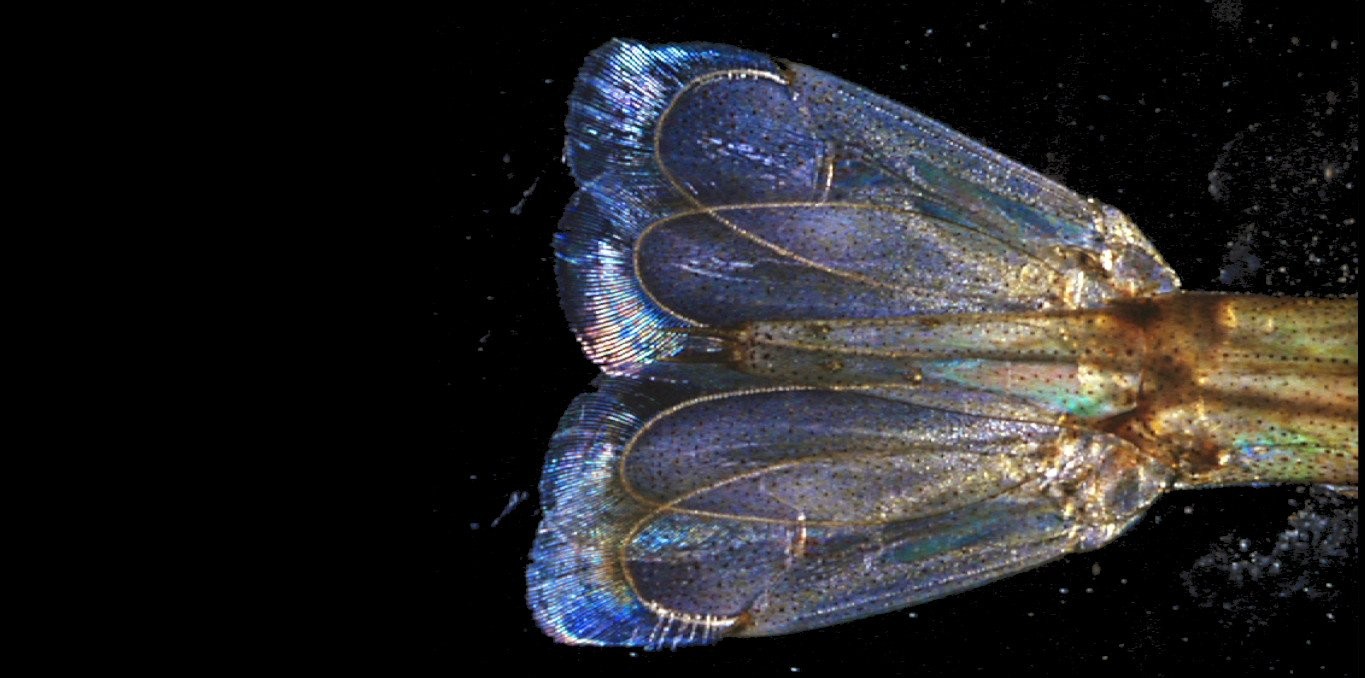
Shrimp Stories
Subscription access
_Shrimp Stories_ is a short documentary that closely examines the daily life of shrimp. Combining a scientific approach with a touch of humor, the film explores their feeding, digestion, grooming, molting, and reproduction, notably showing how females carry their eggs on their legs and the spectacular hatching of the larvae. It reveals, with wonder, the fragility and surprising complexity of th...
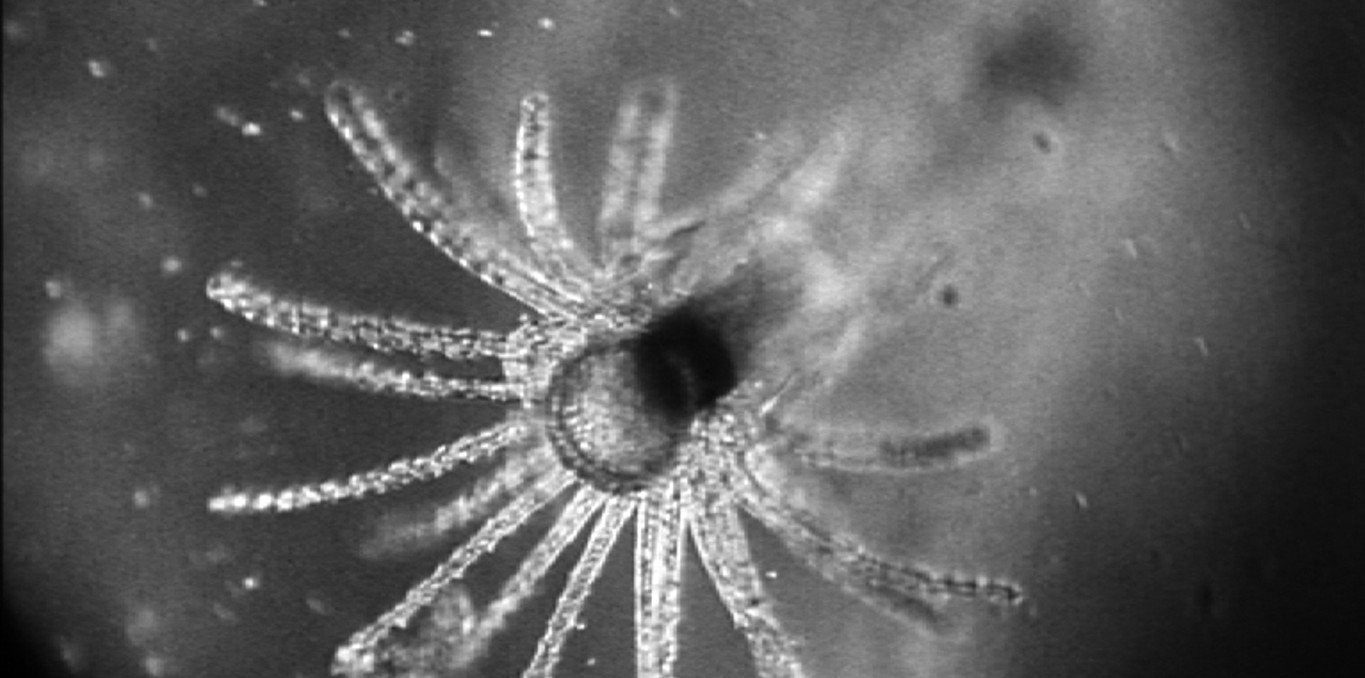
How Some Jellyfish Are Born
Subscription access
Filmed at the Marine Biology Station in Roscoff, on the northern coast of Bretagne, _How Some Jellyfish Are Born_ explores the formation of polyps, as well as the feeding and reproduction of four species of jellyfish. The transparency of their bodies reveals many details of their anatomy, while still holding other mysteries that the film invites us to discover…
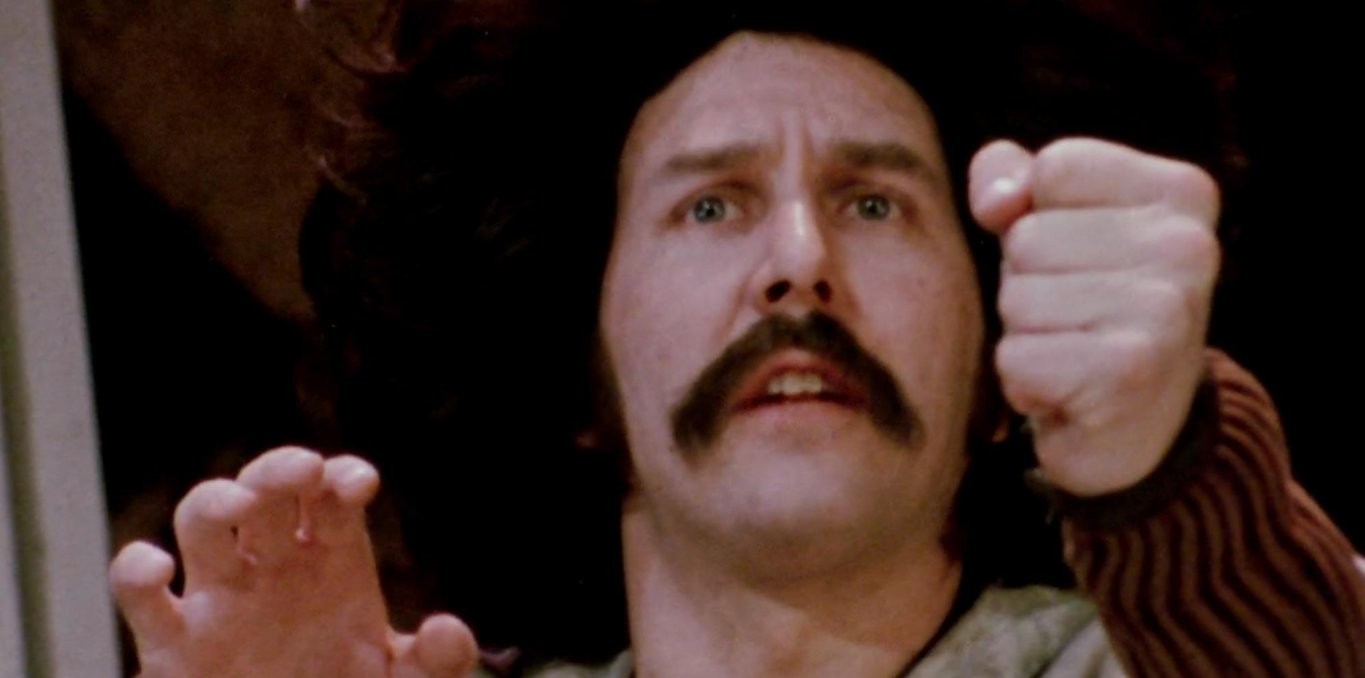
Claude Gauvreau- Poète
Subscription access
The poet Claude Gauvreau, a towering figure of the spoken word, appears here in full command of his lyrical expression. During the Night of Poetry on March 27, 1970, he recites several of his poems, followed by excerpts from his famous work _La charge de l'orignal épormyable_, and finally takes part in a series of interviews. Released a few years after the poet’s tragic death, this moving portr...

La noce est pas finie
Subscription access
Part scripted film, part reportage, part sociological investigation, this feature film is above all a collective adventure. Made in collaboration with a group of citizens from Gloucester County, New Brunswick, the film is aimed not only at the population concerned, but also at anyone willing to recognize the ever-growing importance of social facts.
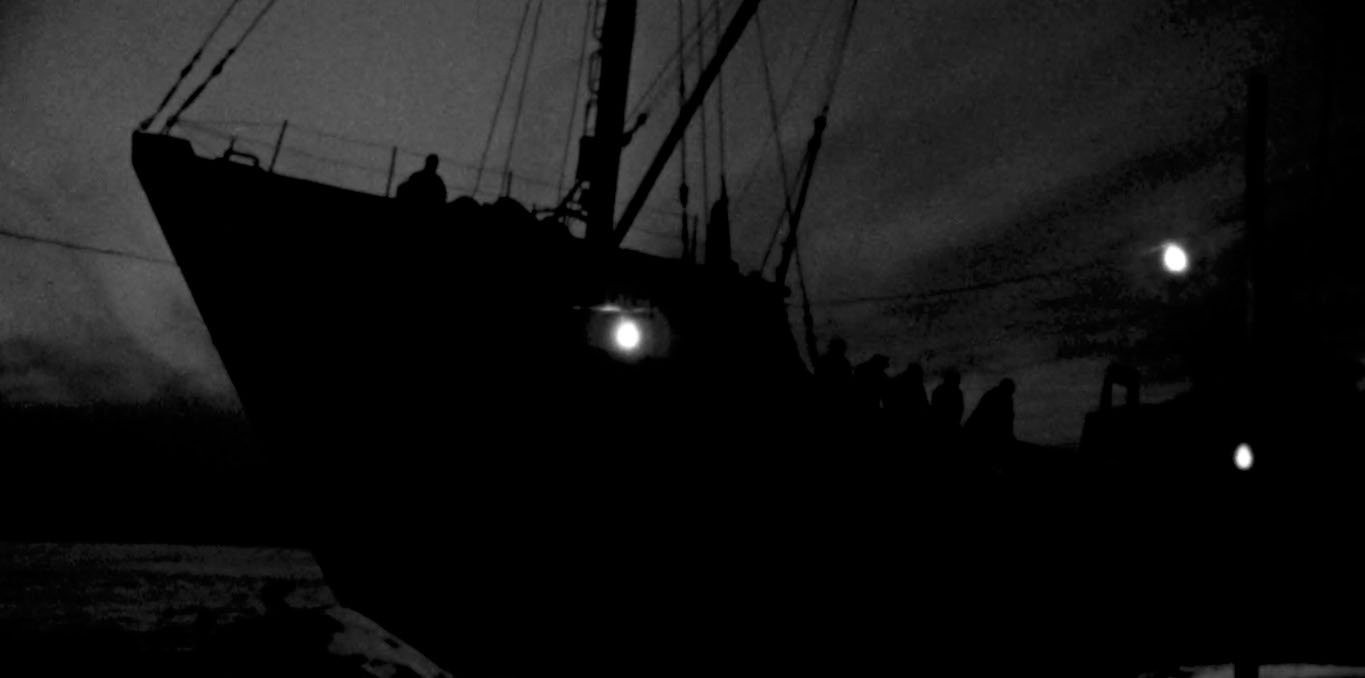
The River Schooners
Subscription access
Pierre Perrault's third feature film on Île aux Coudres, Les Voitures d'eau tackles the problem of the builders and navigators of wooden schooners, in an age of iron ships, international competition and monopolies. Men of the sea, as skilful in deed as in word, the captains of the river's last schooners are experiencing the end of an artisanal era in which their sons can no longer find a place....

Le règne du jour
Subscription access
Four years after filming _Pour la suite du monde_, Pierre Perrault invites Alexis Tremblay, the renowned storyteller, and his wife Marie, central figures in the first film, to embark on a pilgrimage to France tracing the path of their ancestors.

For the Ones to Come
Subscription access
In this masterpiece of Quebec cinéma vérité, the inhabitants of Île aux Coudres set out to revive an ancient beluga fishing tradition that had disappeared many years ago. Through the preparations and intergenerational exchanges, the film authentically captures the daily lives, language, beliefs, and stories of the islanders. More than just an ethnographic documentary, _For the Ones to Come_ exp...

This Is No Time for Romance
Subscription access
In the midst of summer pleasures and her children's play, a young woman questions the meaning of her life as a wife and mother, and her chances of happiness. Filmed in the 1960s, this film starring Monique Mercure and Marc Favreau depicts the "female condition" from various perspectives.

Tout le temps, tout le temps, tout le temps... ?
Tout le temps, tout le temps, tout le temps... ?
Duration: 1h55Subscription access
A Quebec family scattered across the big city reunites in the countryside, in Sainte-Théodosie, and discusses the importance of love, life-which-is-worth-being-lived, the need for freedom and society-which-is-badly-made.

Saint-Jérôme
Subscription access
This socially-driven film explores the impact of technological changes on the city of Saint-Jérôme, which faced a severe socio-economic crisis in the 1960s, mirroring issues in other Quebec cities. Citizens from all social classes come together in a monumental effort to address the crisis. The film serves as both a reflection of this situation and a catalyst for action, acting as a mediation to...

Passiflora
Subscription access
Montreal, September 1984. Within a span of five days, Montreal’s Olympic Stadium hosts Pope John Paul II and Michael Jackson. A perfect opportunity to explore the impact of the media on the masses. With caustic irony, this film gives voice to people excluded by Church doctrine: the gay and lesbian community, and women who’ve had abortions or been abused. Beyond documentary, fiction or news repo...

Une semaine dans la vie de camarades - Part 2
Une semaine dans la vie de camarades - Part 2
Duration: 2h02Subscription access
_Une semaine dans la vie de camarades_ is a road movie whose journey intersects with and extends the events of the International Counter-Culture Meeting that took place in 1975 in Montreal. This meeting, at the heart of the film, features several important figures of the counterculture in Quebec. Throughout the film, these individuals, often through their creative endeavors, question the evolut...

Une semaine dans la vie de camarades - Part 1
Une semaine dans la vie de camarades - Part 1
Duration: 2h01Subscription access
_Une semaine dans la vie de camarades_ is a road movie whose journey intersects with and extends the events of the International Counter-Culture Meeting that took place in 1975 in Montreal. This meeting, at the heart of the film, features several important figures of the counterculture in Quebec. Throughout the film, these individuals, often through their creative endeavors, question the evolut...

2 pouces en haut de la carte
In the 70s, young people in Baie-Comeau - Hauterive were trying to find their place in an industrial society devoted to work and consumerism. Often left to their own devices as they waited to enter the job market, many of them sought their paths in artistic creation. The 1974 St. John's Day festival gave them a chance to shout out loud about their existence and shake up the existing order. We f...

Improvisations : nouvelle musique au Québec
Improvisations : nouvelle musique au Québec
Duration: 57 minutesSubscription access
This video illustrates the emergence of non-commercial and improvisational music of the 70's. We are introduced to various groups and their individual members through a series of interviews and recording sessions. The video captures improvisational sequences showcasing the musicians' expressions, their gestures and their instruments. The musicians believe that their music is above all an improv...

Mémoire battante
Subscription access
Three memories – that of the Innu, the Jesuit, and Lamothe – juxtapose without contradicting each other, define without harming each other, evaluate without diminishing each other. In this feature-length film, Arthur Lamothe captures the daily life of the Innu and the culture of an indigenous people gradually being decimated.

La charge de l'orignal épormyable
La charge de l'orignal épormyable
Duration: 1h41Subscription access
A poet struggling to cope with society seeks refuge in an institution where therapists turn him into a test subject. He resists. They persist. He succumbs to the stupidity, cruelty, and madness of men. A teletheatre adaptation of Claude Gauvreau's cult play _La charge de l'orignal épormyable_.

Natsik Hunting
Duration: 16 minutes
Subscription access
25-year-old Mosha Michael made an assured directorial debut with this seven-minute short, a spare, narration-free depiction of an Inuit seal hunt. After participating in a Super 8 workshop in Frobisher Bay in 1974, Michael shot and edited the film himself. His voice can be heard on the lively, guitar-accompanied soundtrack. Released in 1975, _Natsik Hunting_ is believed to be Canada’s first Inu...

The Sea Horse
Subscription access
The seahorse is the only fish that moves vertically. It is also one of the few animals in which the male nourishes the eggs deposited by the female in his brood pouch and actually gives birth to the young. To film at the bottom of the Garonne estuary, the first mobile underwater camera was improvised. This film, accompanied by music from Darius Milhaud, shows with precision and humor the life o...

The Love Life of an Octopus
Subscription access
The fluid grace of an eight-armed embrace, the velvety gaze of an inscrutable eye… Painlevé creates a fascinating portrait of the octopus, a mysterious underwater creature, set to a soundtrack composed by Pierre Henry, one of the pioneers of electroacoustic music.

Shrimp Stories
Subscription access
_Shrimp Stories_ is a short documentary that closely examines the daily life of shrimp. Combining a scientific approach with a touch of humor, the film explores their feeding, digestion, grooming, molting, and reproduction, notably showing how females carry their eggs on their legs and the spectacular hatching of the larvae. It reveals, with wonder, the fragility and surprising complexity of th...

How Some Jellyfish Are Born
Subscription access
Filmed at the Marine Biology Station in Roscoff, on the northern coast of Bretagne, _How Some Jellyfish Are Born_ explores the formation of polyps, as well as the feeding and reproduction of four species of jellyfish. The transparency of their bodies reveals many details of their anatomy, while still holding other mysteries that the film invites us to discover…

Claude Gauvreau- Poète
Subscription access
The poet Claude Gauvreau, a towering figure of the spoken word, appears here in full command of his lyrical expression. During the Night of Poetry on March 27, 1970, he recites several of his poems, followed by excerpts from his famous work _La charge de l'orignal épormyable_, and finally takes part in a series of interviews. Released a few years after the poet’s tragic death, this moving portr...

La noce est pas finie
Subscription access
Part scripted film, part reportage, part sociological investigation, this feature film is above all a collective adventure. Made in collaboration with a group of citizens from Gloucester County, New Brunswick, the film is aimed not only at the population concerned, but also at anyone willing to recognize the ever-growing importance of social facts.

The River Schooners
Subscription access
Pierre Perrault's third feature film on Île aux Coudres, Les Voitures d'eau tackles the problem of the builders and navigators of wooden schooners, in an age of iron ships, international competition and monopolies. Men of the sea, as skilful in deed as in word, the captains of the river's last schooners are experiencing the end of an artisanal era in which their sons can no longer find a place....

Le règne du jour
Subscription access
Four years after filming _Pour la suite du monde_, Pierre Perrault invites Alexis Tremblay, the renowned storyteller, and his wife Marie, central figures in the first film, to embark on a pilgrimage to France tracing the path of their ancestors.

For the Ones to Come
Subscription access
In this masterpiece of Quebec cinéma vérité, the inhabitants of Île aux Coudres set out to revive an ancient beluga fishing tradition that had disappeared many years ago. Through the preparations and intergenerational exchanges, the film authentically captures the daily lives, language, beliefs, and stories of the islanders. More than just an ethnographic documentary, _For the Ones to Come_ exp...

This Is No Time for Romance
Subscription access
In the midst of summer pleasures and her children's play, a young woman questions the meaning of her life as a wife and mother, and her chances of happiness. Filmed in the 1960s, this film starring Monique Mercure and Marc Favreau depicts the "female condition" from various perspectives.

Tout le temps, tout le temps, tout le temps... ?
Tout le temps, tout le temps, tout le temps... ?
Duration: 1h55Subscription access
A Quebec family scattered across the big city reunites in the countryside, in Sainte-Théodosie, and discusses the importance of love, life-which-is-worth-being-lived, the need for freedom and society-which-is-badly-made.

Saint-Jérôme
Subscription access
This socially-driven film explores the impact of technological changes on the city of Saint-Jérôme, which faced a severe socio-economic crisis in the 1960s, mirroring issues in other Quebec cities. Citizens from all social classes come together in a monumental effort to address the crisis. The film serves as both a reflection of this situation and a catalyst for action, acting as a mediation to...

Passiflora
Subscription access
Montreal, September 1984. Within a span of five days, Montreal’s Olympic Stadium hosts Pope John Paul II and Michael Jackson. A perfect opportunity to explore the impact of the media on the masses. With caustic irony, this film gives voice to people excluded by Church doctrine: the gay and lesbian community, and women who’ve had abortions or been abused. Beyond documentary, fiction or news repo...

Une semaine dans la vie de camarades - Part 2
Une semaine dans la vie de camarades - Part 2
Duration: 2h02Subscription access
_Une semaine dans la vie de camarades_ is a road movie whose journey intersects with and extends the events of the International Counter-Culture Meeting that took place in 1975 in Montreal. This meeting, at the heart of the film, features several important figures of the counterculture in Quebec. Throughout the film, these individuals, often through their creative endeavors, question the evolut...

Une semaine dans la vie de camarades - Part 1
Une semaine dans la vie de camarades - Part 1
Duration: 2h01Subscription access
_Une semaine dans la vie de camarades_ is a road movie whose journey intersects with and extends the events of the International Counter-Culture Meeting that took place in 1975 in Montreal. This meeting, at the heart of the film, features several important figures of the counterculture in Quebec. Throughout the film, these individuals, often through their creative endeavors, question the evolut...

2 pouces en haut de la carte
In the 70s, young people in Baie-Comeau - Hauterive were trying to find their place in an industrial society devoted to work and consumerism. Often left to their own devices as they waited to enter the job market, many of them sought their paths in artistic creation. The 1974 St. John's Day festival gave them a chance to shout out loud about their existence and shake up the existing order. We f...

Improvisations : nouvelle musique au Québec
Improvisations : nouvelle musique au Québec
Duration: 57 minutesSubscription access
This video illustrates the emergence of non-commercial and improvisational music of the 70's. We are introduced to various groups and their individual members through a series of interviews and recording sessions. The video captures improvisational sequences showcasing the musicians' expressions, their gestures and their instruments. The musicians believe that their music is above all an improv...

Mémoire battante
Subscription access
Three memories – that of the Innu, the Jesuit, and Lamothe – juxtapose without contradicting each other, define without harming each other, evaluate without diminishing each other. In this feature-length film, Arthur Lamothe captures the daily life of the Innu and the culture of an indigenous people gradually being decimated.

La charge de l'orignal épormyable
La charge de l'orignal épormyable
Duration: 1h41Subscription access
A poet struggling to cope with society seeks refuge in an institution where therapists turn him into a test subject. He resists. They persist. He succumbs to the stupidity, cruelty, and madness of men. A teletheatre adaptation of Claude Gauvreau's cult play _La charge de l'orignal épormyable_.
